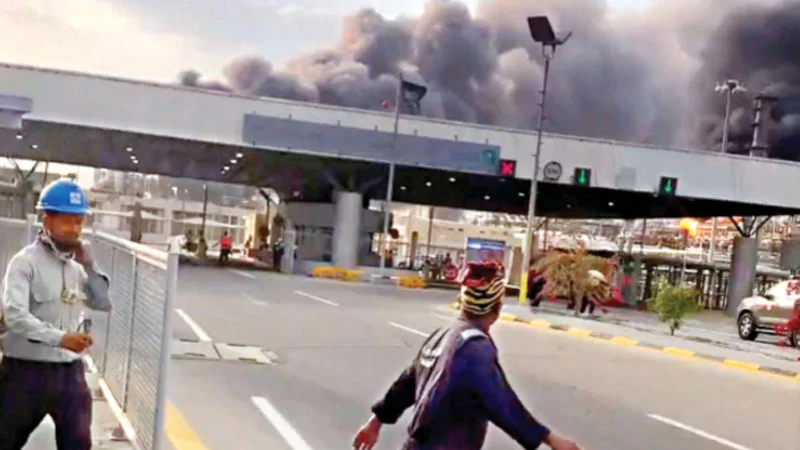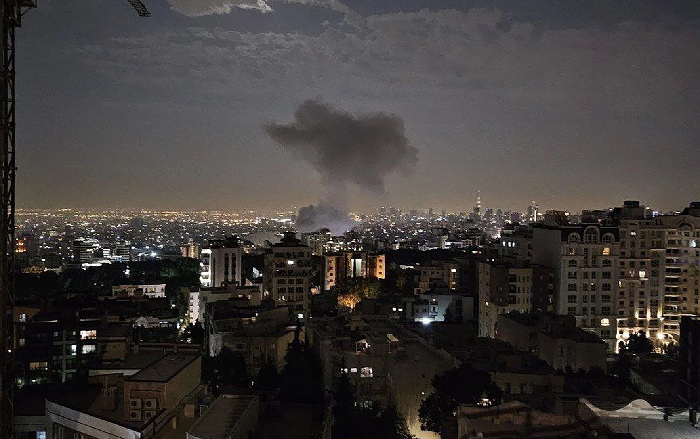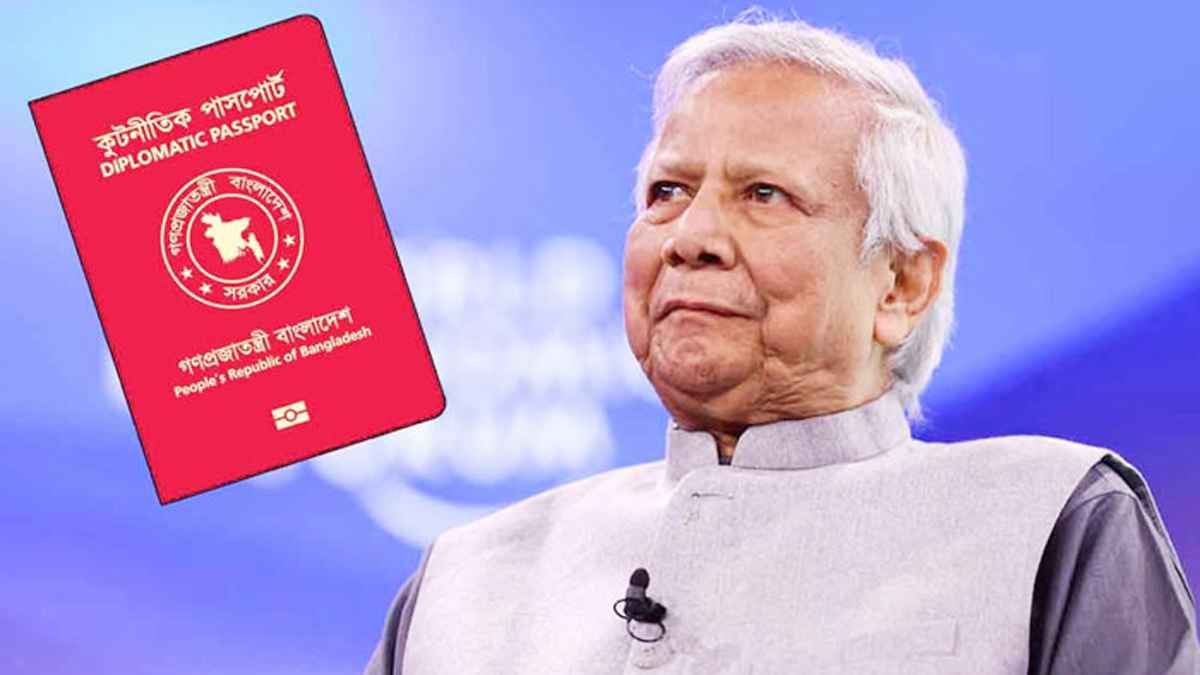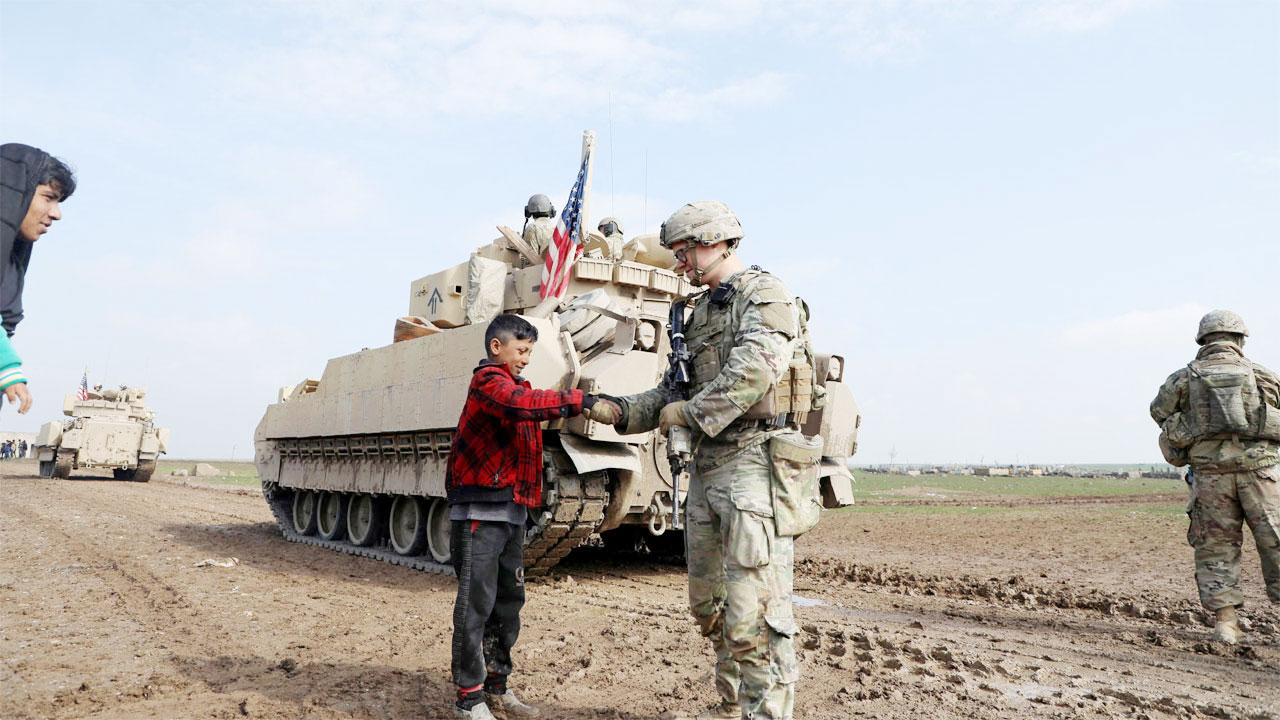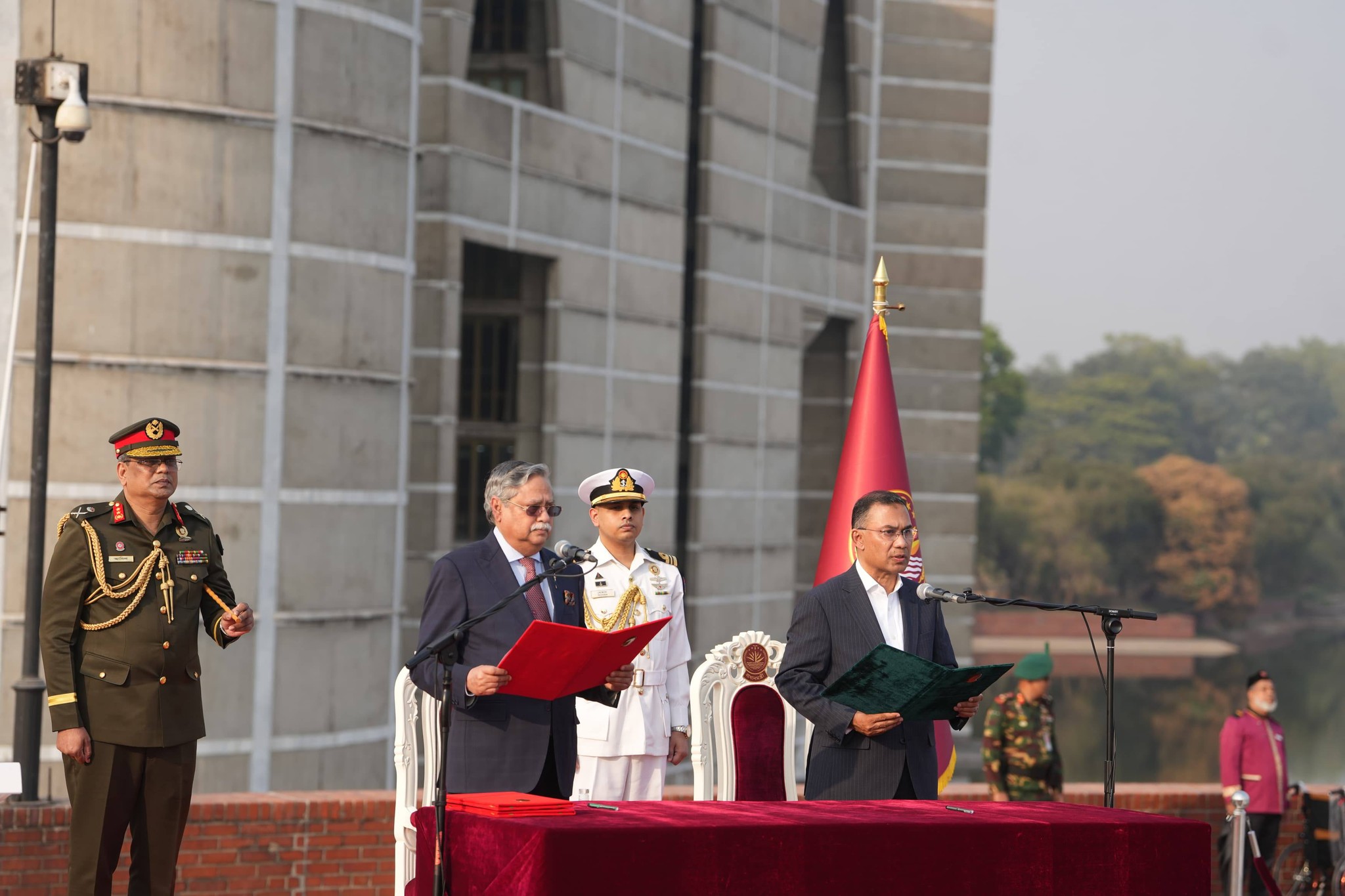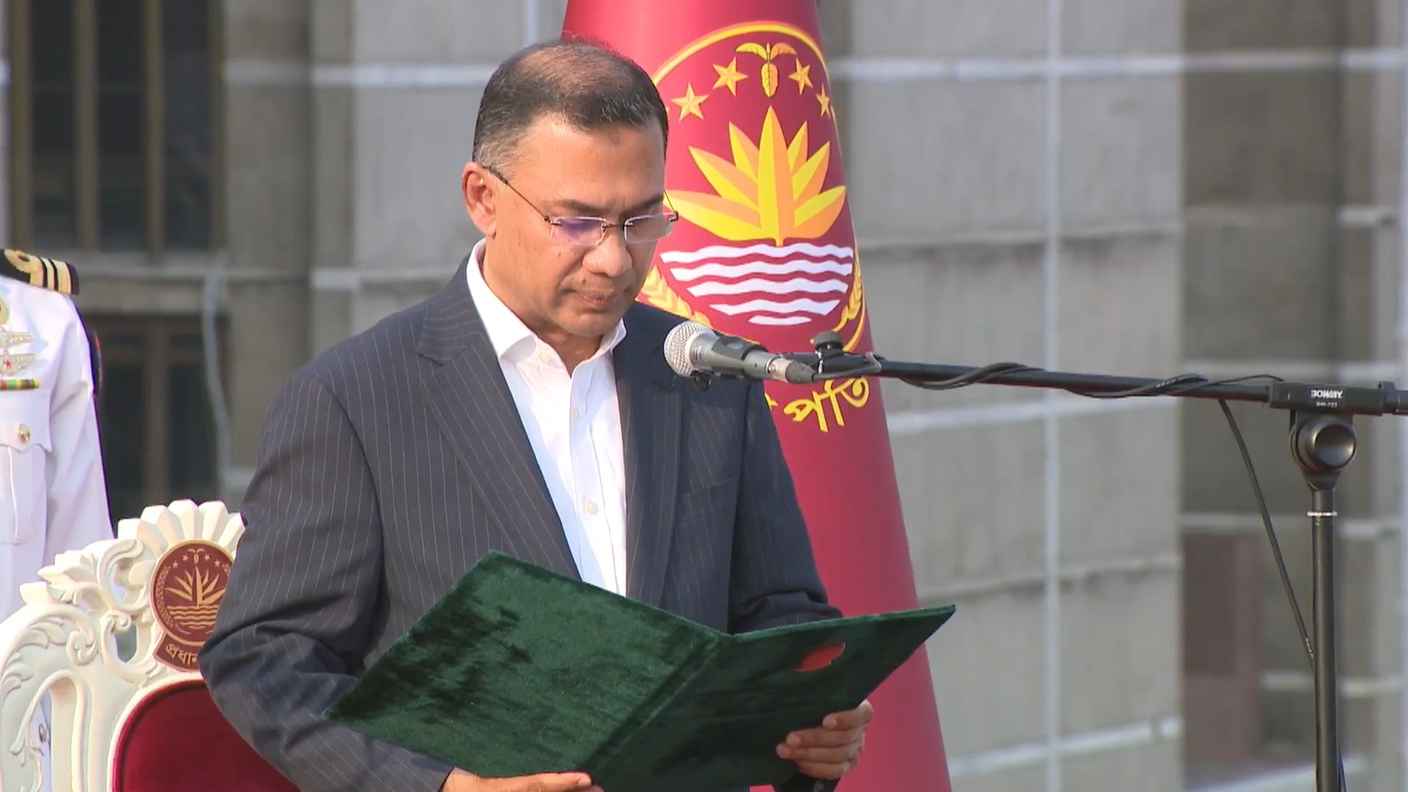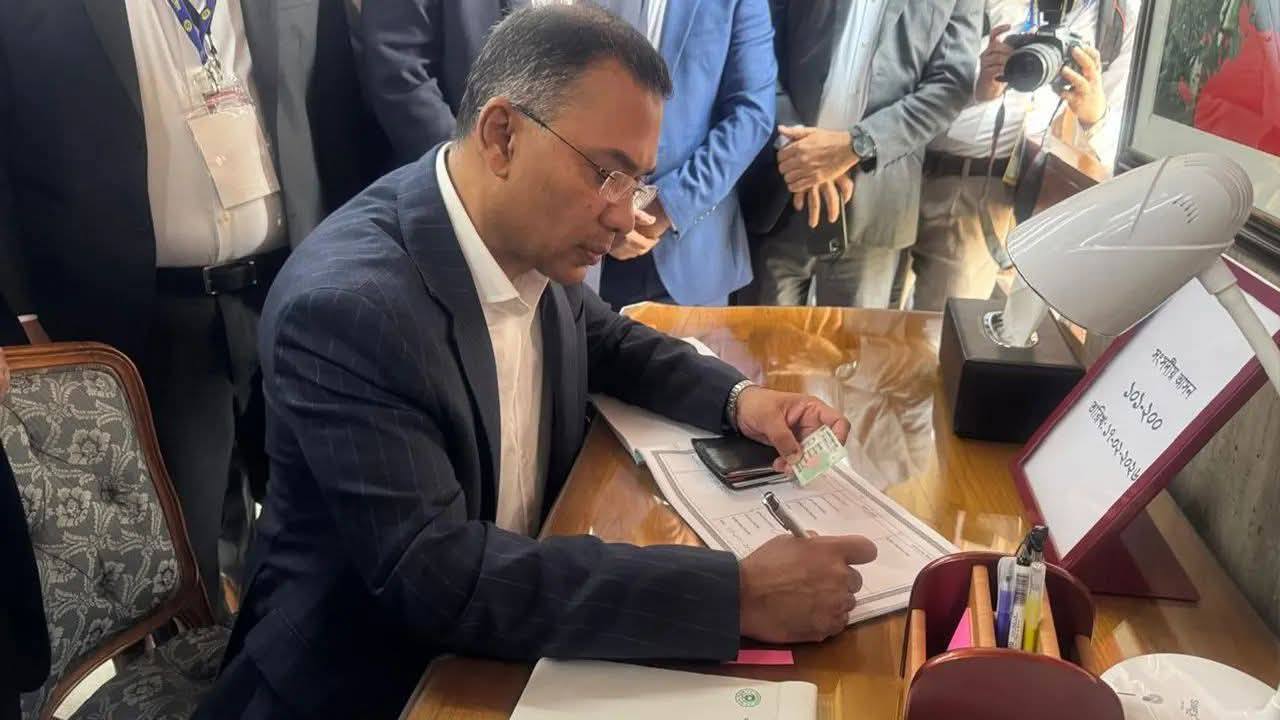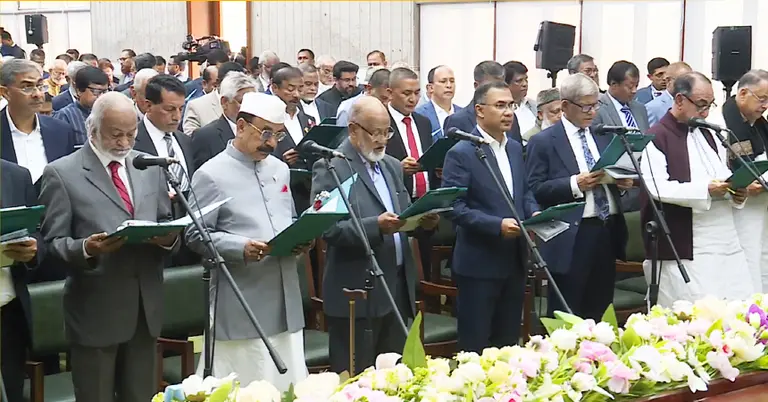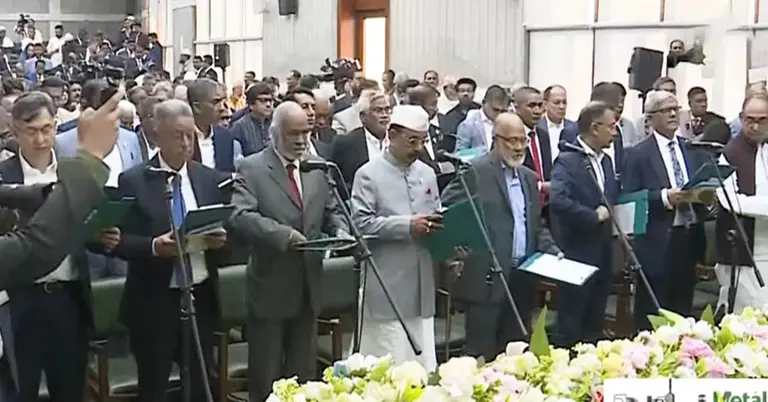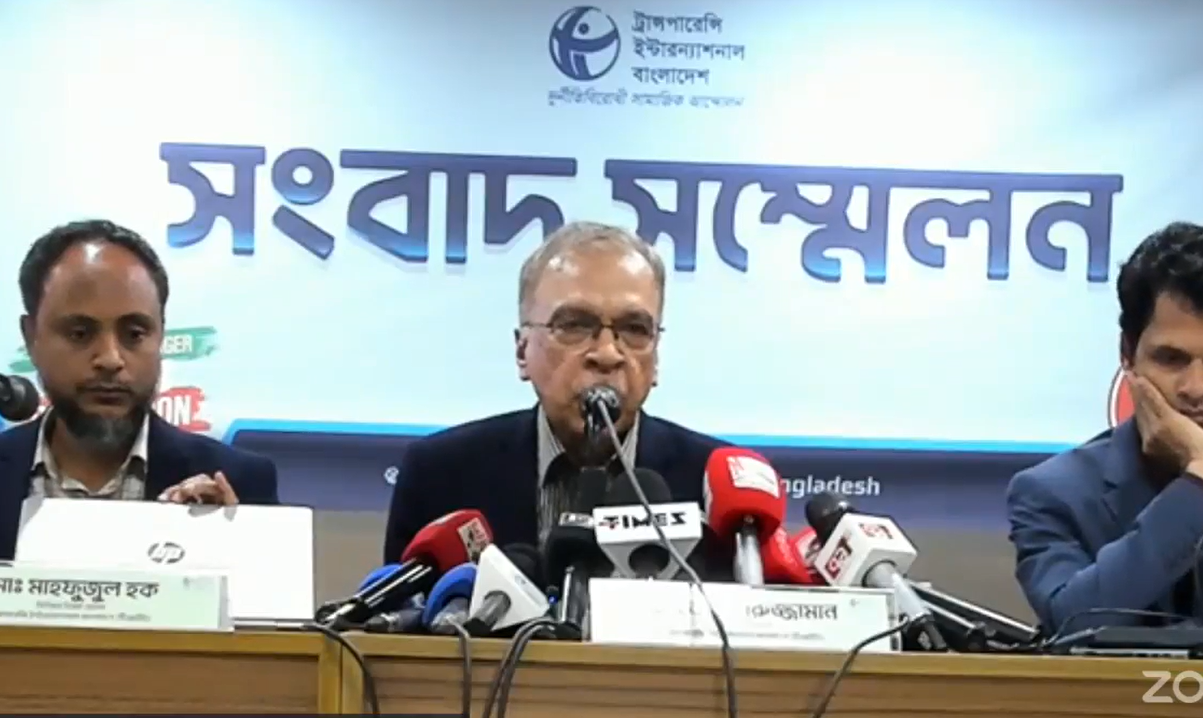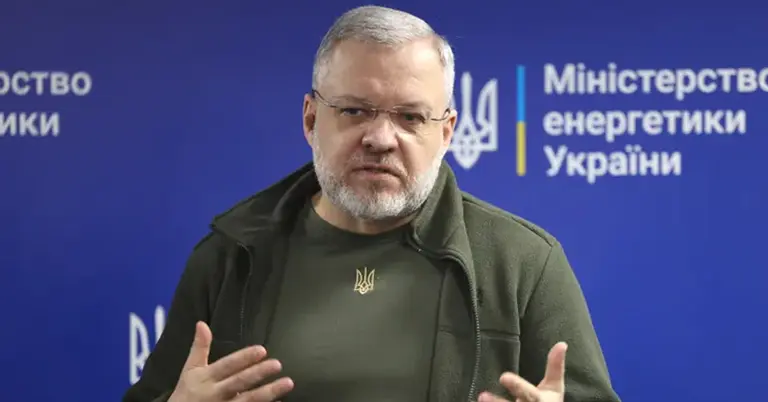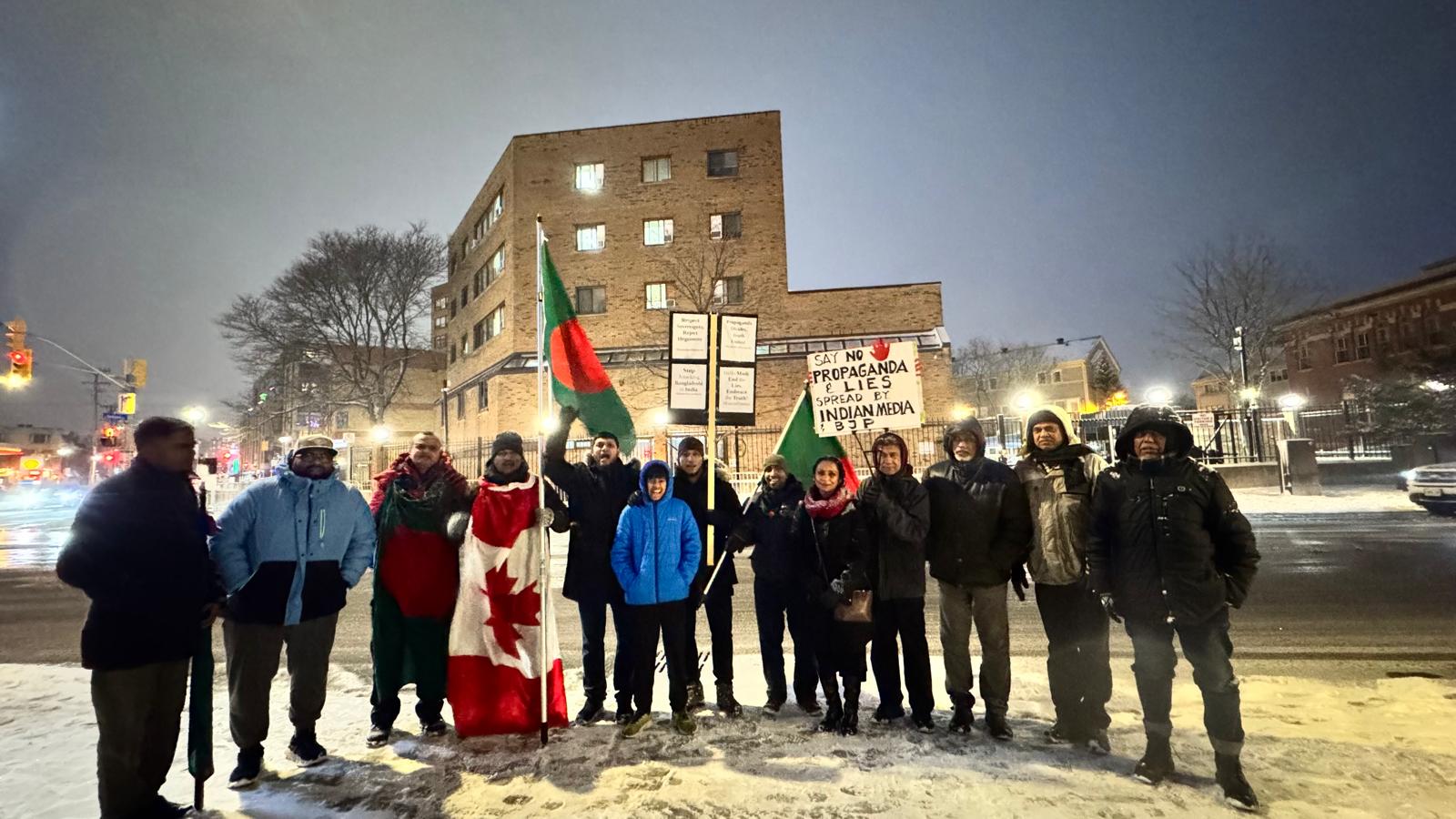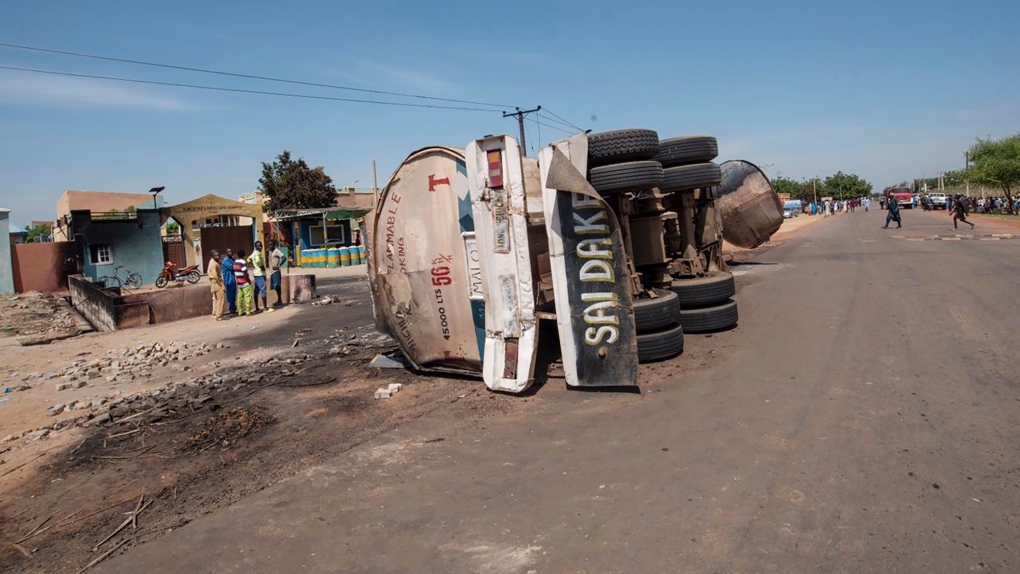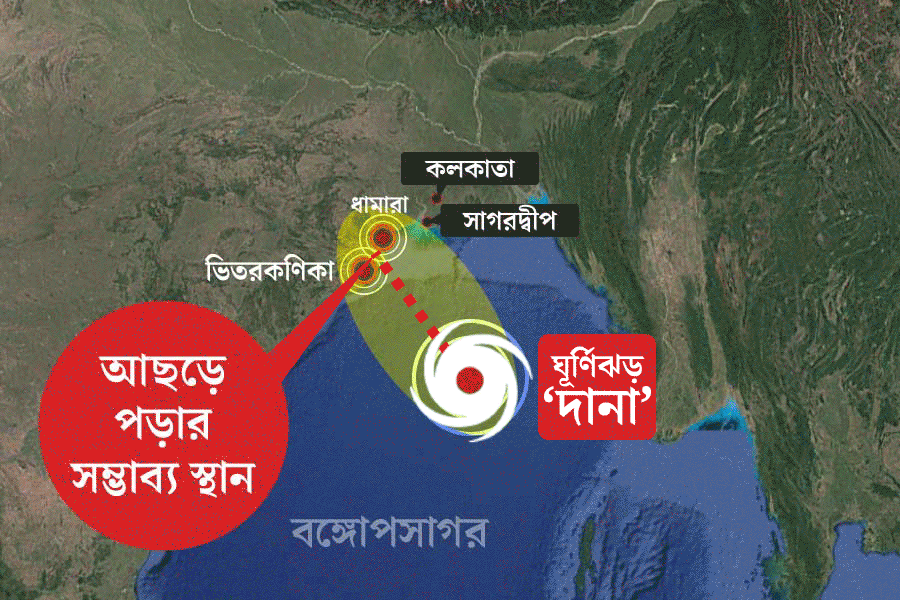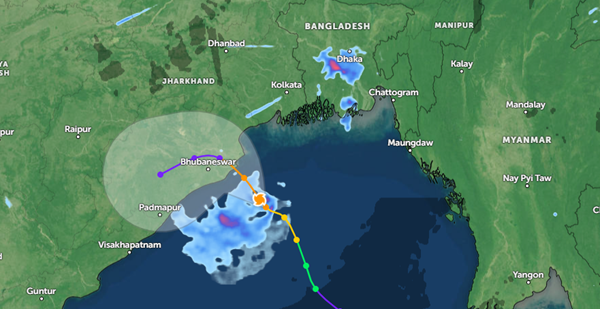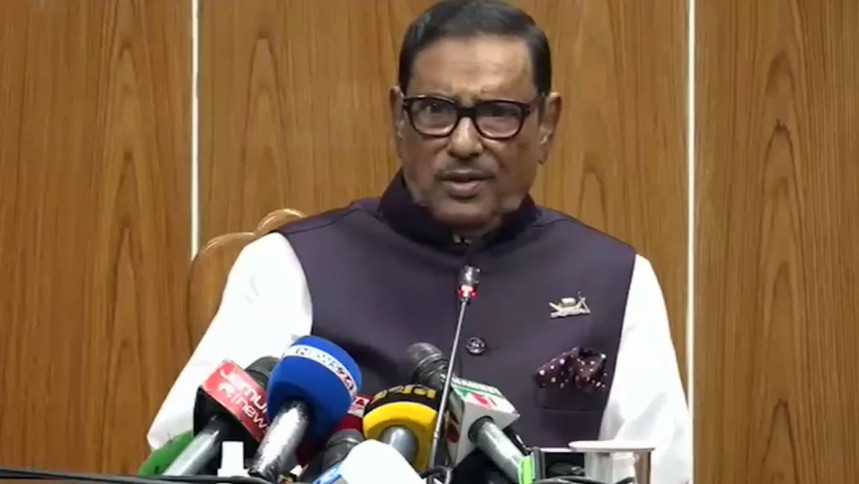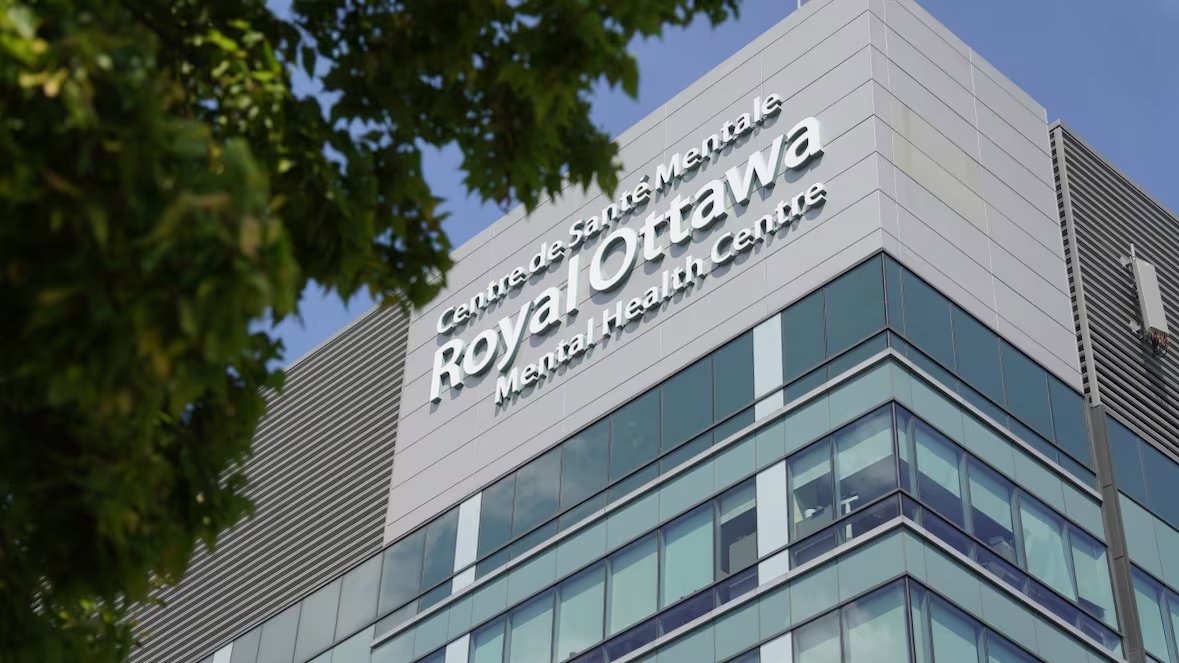
Twenty-five years after its controversial closure, the Royal Ottawa Mental Health Centre plans to reopen an urgent care clinic at its Carling Avenue campus.
The clinic is being designed as an alternative to hospital emergency departments, offering quicker and more specialized support for people experiencing mental health or substance use crises.
Cara Vaccarino, president and CEO of The Royal, said the clinic will help fill "serious gaps in the continuum of care" in Ottawa when it opens next year.
"We are experiencing unprecedented demand for mental health care in our region," Vaccarino said.
The urgent care clinic will provide direct access to assessment and support, and will be highly specialized to deal with mental health crises, Vaccarino said.
It's also expected to take some of the pressure off local hospital ERs, allowing them to focus on other areas of health care.
"When people experience a psychiatric emergency or crisis, typically there's not really many places for them to go and they end up in our emergency departments across the city," Vaccarino said.
She said the clinic will also support family doctors who "manage about 85 per cent" of mental health cases in the community.
"When [family doctors] get in over their head, they really need immediate access to specialized psychiatric services, and right now … they do not have this access."
The Royal's emergency mental health department closed in 2000 during a provincewide effort to streamline hospital services in Ontario. Twenty-five years later, The Royal's board voted unanimously to reopen it.
Vaccarino said the new urgent care clinic is expected to open next March or April.
Police launch crisis response team
Meanwhile, the Ottawa Police Service has launched a new program that pairs specially trained officers from the force's mental health unit with mental health professionals at The Ottawa Hospital to respond to crises in the community.
"We've been seeing an increase in mental health calls in Ottawa over the last number of years," said Sgt. Dodd Tapp, head of the new mobile crisis response team (MCRT). "We needed to improve our capacity to respond to live calls."
Tapp said the idea was to bring the expertise where it's needed most.
"The advantages of this is that we are bringing mental health professionals to those calls live," he said. "So it enhances elements of de-escalation."
Tapp said the early results have been positive.
"We are seeing a reduction in diversions to hospitals by virtue of that. We're also seeing a potential reduction in wait times," he said.
The MCRT will be deployed from Tuesday to Friday, with a mandate to expand to a total of three teams by 2027. Funding for the project comes from Ontario's solicitor general, and also includes new crisis intervention training for front-line officers.
Filling gaps in mental health care
Peter Tilley, CEO of The Ottawa Mission, said organizations like his typically see mental health and addictions crises on a daily basis. He said these new initiatives could help address gaps in Ottawa's response network.
"We know members of the community and the public have been calling on more mental health supports," he said. "It can be a quick response for a trained professional to get a feel for what's happening and then know the steps to take to de-escalate."
Tilley said said The Royal's new urgent care clinic will also help alleviate the pressure on agencies like his, and will become a valuable resource for families.
"Many of us have been wanting access to some form of an urgent care clinic," he said. "To have that access available for when it's needed, to have that expertise available, it's certainly going to be good for the community."
